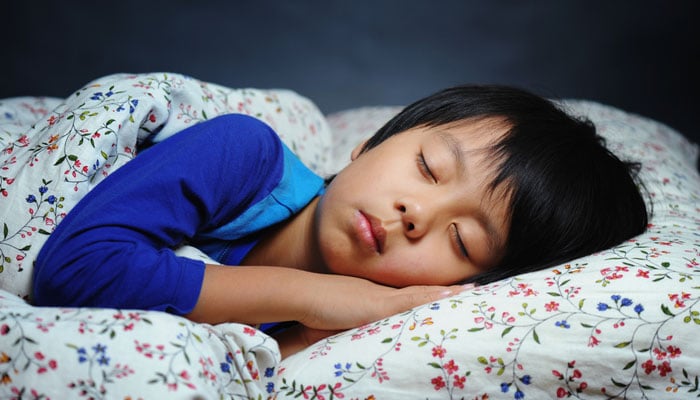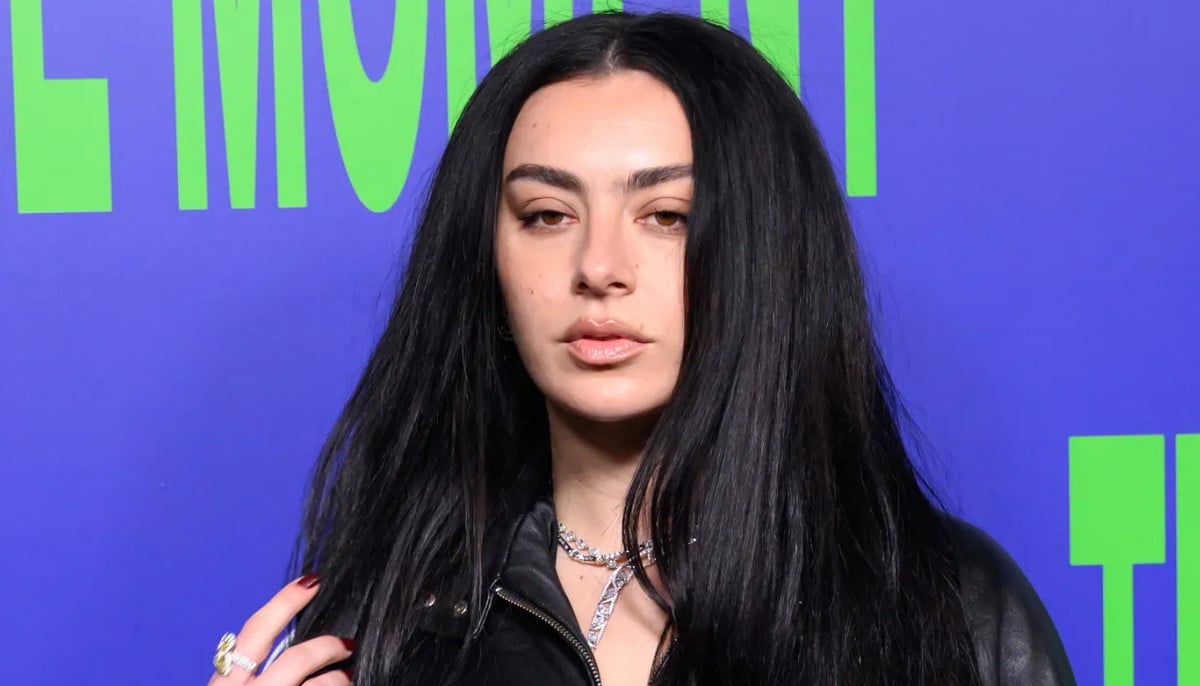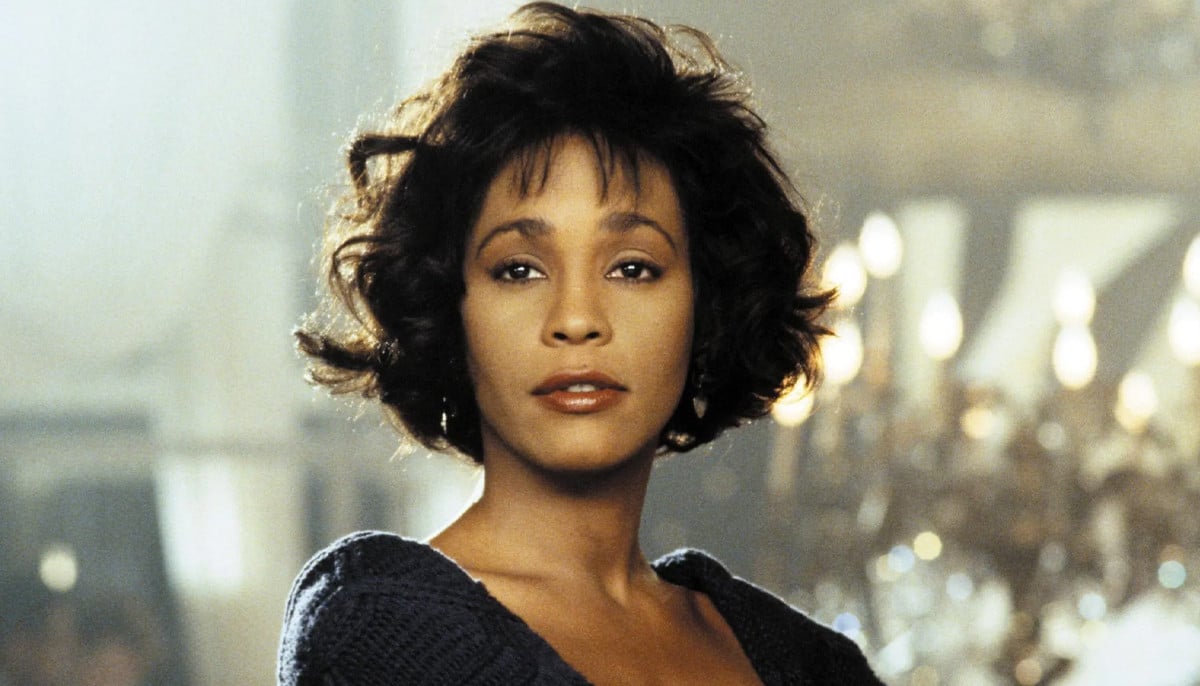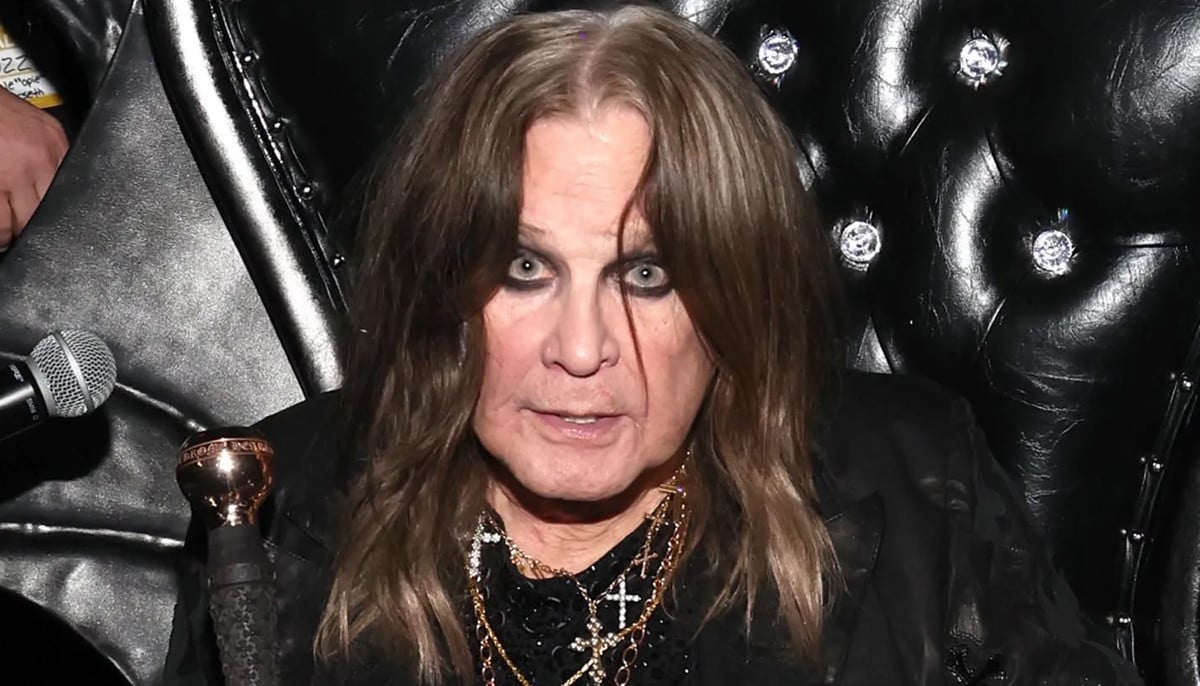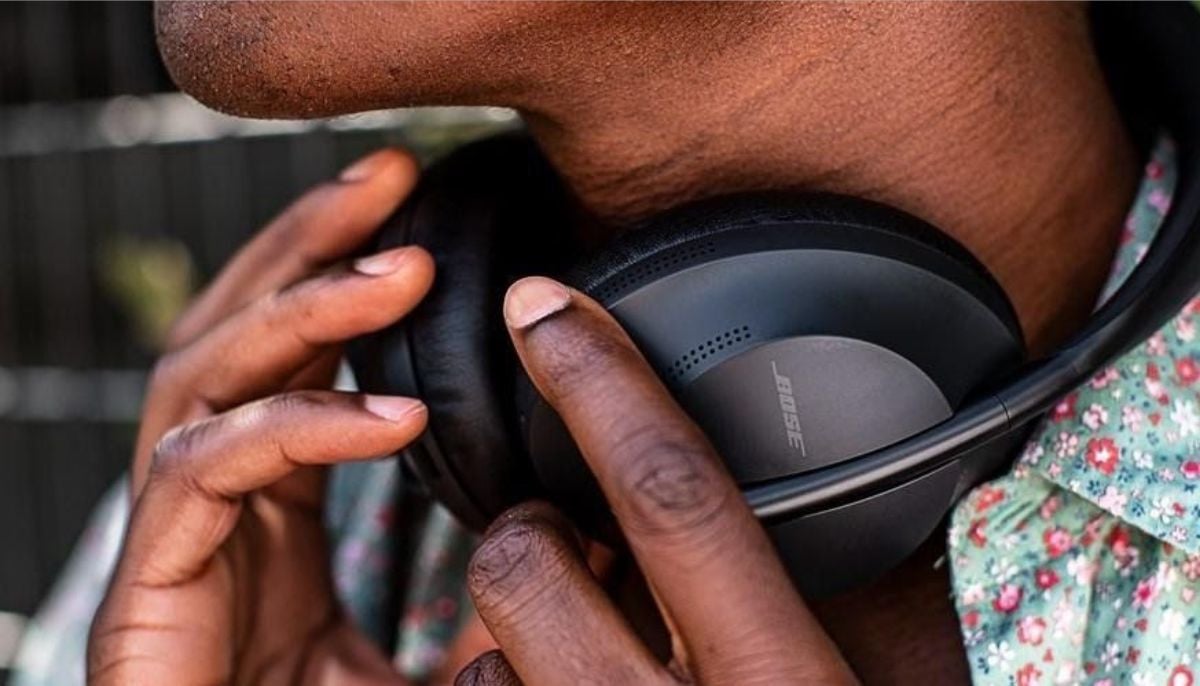Are US parents abusing melatonin to put their children to sleep?
Alarmingly 18% of US kids between the ages of five and nine use melatonin as a sleep aid, says survey
The usage of melatonin to promote sleep is "exceedingly common" among American kids; now, one in five of those under the age of 14 use it as per a recent survey.
Younger children are receiving it from parents more frequently. According to a recent survey, over 18% of kids between the ages of five and nine use it as a sleep aid.
The American Academy of Sleep Medicine released health advice about the use of melatonin by children last year.
It was advised that parents should see a physician before feeding it to their kids.
The hormone melatonin, which is generated in the brain, controls a person's sleep cycle. Harvard Health claims it's one of the most popular supplements given to kids in the US by parents.
Whereas, it is categorised as a medicine in many other countries, melatonin is a nutritional supplement in the US and is available over the counter.
Parents of 993 children, ages one to 14, participated in a study that was published this month in the journal JAMA Paediatrics. The study's findings revealed a considerable rise in the reported usage of melatonin in recent years.
While melatonin may be used as a temporary sleep aid, the study found that parents were using the supplement on a regular basis, with preschoolers taking it for an average of 12 months, elementary school-aged children for 18 months, and preteens for 21 months.
The research was tiny, and the authors warn that the results may not accurately reflect usage across the country.
Nevertheless, within the past few decades, melatonin usage has increased in people of all ages.
According to an American Academy of Sleep Medicine online poll conducted earlier this year, 46% of parents have provided melatonin to their children under the age of 13 to aid in their ability to fall asleep.
According to the poll, younger parents are more likely than older parents to give their children melatonin, and dads are more likely than moms to do so.
The Centres for Disease Control and Prevention state that between 2012 and 2021, the number of kid melatonin ingestion complaints to poison control centres in the United States increased by 530%.
The majority of occurrences were unintentional, and over 84% of the children showed no symptoms; nonetheless, 1% of the cases that were documented resulted in the children needing critical care.
Previous studies have also revealed that the amount of melatonin in supplements is frequently different from what is listed on the label; one study discovered that the amount of melatonin varied from less than half to more than four times what was listed on the label.
Although taking melatonin occasionally causes mild side effects such as headaches, nausea, dizziness, and daytime drowsiness, nothing is known about how long-term melatonin usage in children and teenagers will affect them.
Parents should handle melatonin like any other drug and keep it out of their children's reach, according to the American Academy of Sleep Medicine.
They also suggest parents consult a paediatric health worker beforehand and note that "sleep problems can be better managed with a change in schedules, habits, or behaviours rather than taking melatonin".
A healthcare provider should advise "the melatonin dose and timing" if it is used to treat sleep issues.
-
What we know about Chris Cornell's final hours
-
5 famous celebrities who beat cancer
-
Oprah Winfrey talks about weight-loss 'tool to manage' health
-
How the world lost Whitney Houston to overdose
-
Late Ozzy Osbourne's 'terribly challenging' life with Parkinson's Disease
-
Emerging health threat: Toxic chemicals found in headphones, raising safety concerns among teens
-
Halsey’s rare health struggle you didn’t know about
-
Angelina Jolie and Brad Pitt mental health struggle amid divorce
